Oil quality upgrades are in full swing
According to the requirements of the National Development and Reform Commission, from January 1st, the country will fully supply the country's five standard refined oil products. From July 1st, the country will supply a total of ordinary diesel with a sulfur content of no more than 50ppm.
The “Guidelines for Energy Work in 2017†issued by the National Energy Administration recently required that the national comprehensive supply of diesel oil with a sulfur content of not more than 10 ppm be fully prepared from January 1, 2018; special supervision and inspection of quality upgrades of refined oil products should be carried out to ensure cleanliness. According to the national standard for motor gasoline and vehicle diesel, the company will speed up the introduction of new versions of ethanol gasoline and biodiesel for vehicles, carry out related upgrading and transformation, and appropriately expand the production scale and consumption area of ​​biofuel ethanol.
"Jingliu" technical indicators are more stringent
Beijing oil standards have consistently led the country in one or two stages. In 1997, it took the lead in using unleaded gasoline throughout the country. In 2004, it established and implemented a second-stage local standard for vehicle fuel that is stricter than national standards. Subsequently, in 2005, 2008 and 2012, Beijing Municipality successively introduced the local standards for oil products in the third, fourth and fifth phases. The gasoline standard decreased from 2000 to 1500% to no more than 55%. 10ppm, down 99%, in line with international standards.
It is understood that the technical indicators of the Beijing Six standard oil products are more stringent and the environmental performance is further improved. In the case of low sulfur content (not more than 10ppm), the main indicators such as olefins, aromatic hydrocarbons, benzene, vapor pressure, distillation range and polycyclic aromatic hydrocarbons in diesel, density, flash point and detergent are further stricter. In particular, the strict and strict restriction of olefin content can further reduce emissions of vehicle exhaust pollutants. According to the statistics of the Beijing Municipal Environmental Protection Department, it is estimated that after the use of Jing 6 standard oil products, the emission of particulate matter in gasoline vehicles will be reduced by 10%, and non-methane organic gases and nitrogen oxides will generally achieve an emission reduction rate of 8% to 12%; Nitrogen oxides in diesel vehicles can be reduced by 4.6% and particulate matter by 9.1%.
Oil upgrades cannot be limited to standards
"Our car oil products are all qualified, and they are also labeled with environmental protection. How do you have problems with exhaust gas?" This sentence was widely spread.
Ling Yue, director of the Beijing Municipal Environmental Protection Bureau Propaganda Center, believes that most of the contribution of automobile exhaust to PM2.5 is indirectly generated. The exhaust gas contains nitrogen oxides, volatile organic compounds and other substances, which are the “raw materials†for PM2.5. It is also a "catalyst." The contribution of pollutants emitted by motor vehicles to Beijing's local PM2.5 is 31.1%, and 40% in the non-heating season. The organic matter, nitrate, sulfate and ammonium salts produced by the secondary conversion account for 70% of PM2.5.
Ling Yue pointed out that environmental standards and emission standards only set emissions within a certain range and can not be completely eliminated, so even small emissions can not afford a large number of tests. In the case that China's car ownership is so large and the number is still increasing, on the one hand, the government must set strict emission standards and actively implement it. On the other hand, it is imperative to continue to promote oil product upgrading.
In addition, some insiders also said that the oil product upgrade should not only pay attention to whether the quality is improved, whether the technology is constantly innovating and whether the raw material structure is optimized and reasonable, but also the supervision of the production and sales of oil products is not in place. The formulation of the right to speak in the oil standard is too "concentrated", where the tax is going, and the industry's price mechanism is not straightened out.
Brandt Vsm 300 Scalping Shaker Screen
Replacement Scalping Screens for Top Deck of Brandt Vsm 300 Shaker
SJ-Brandt VSM 300 Scalping shaker screen is manufactured as the replacement screen for Brandt Vsm 300 Shale Shaker. It is installed on the top deck of the VSM 300, which are used to scalp off large volumes of solids. Thus protecting the finer mesh , The scalping screen is usually sized from API 10 to API 325, ShengJia promises you high quality VSM 300 screen at reasonable price. And there are steel frame and composite screens optional.
Technical Parameter
- Mesh Material: stainless steel 304/316/316 L.
- Body Material: Q235 steel/composite.
- Screen Type: pretension, repairable.
- Screen Layered: single, dual or triple layered.
- API RP 13C Designation: API 10 – API 325.
- Color: green, black.
- Package: 2 pcs per carton, packed in wooden case
Adaptable Shale Shaker Model
SJ-Brandt VSM 300 Scalping shaker screens are used as the substitute screen for
- Top deck screen (3 screens) of Brandt VSM 300 shale shaker.
- Brandt VSM 300 vibrating screens.
- Brandt VSM 300 mud cleaner.
Competitive Advantage
- Composite frame sieve, anti-rust.
- Top-quality stainless steel wire mesh for longevity.
- Steel framework & composite framework optional.
- Manufactured according to the API RP 13C (ISO 13501).
- Scientific & reasonable cost control system for competitive price.
- Adequate inventory in the shortest time to meet customers' demand.
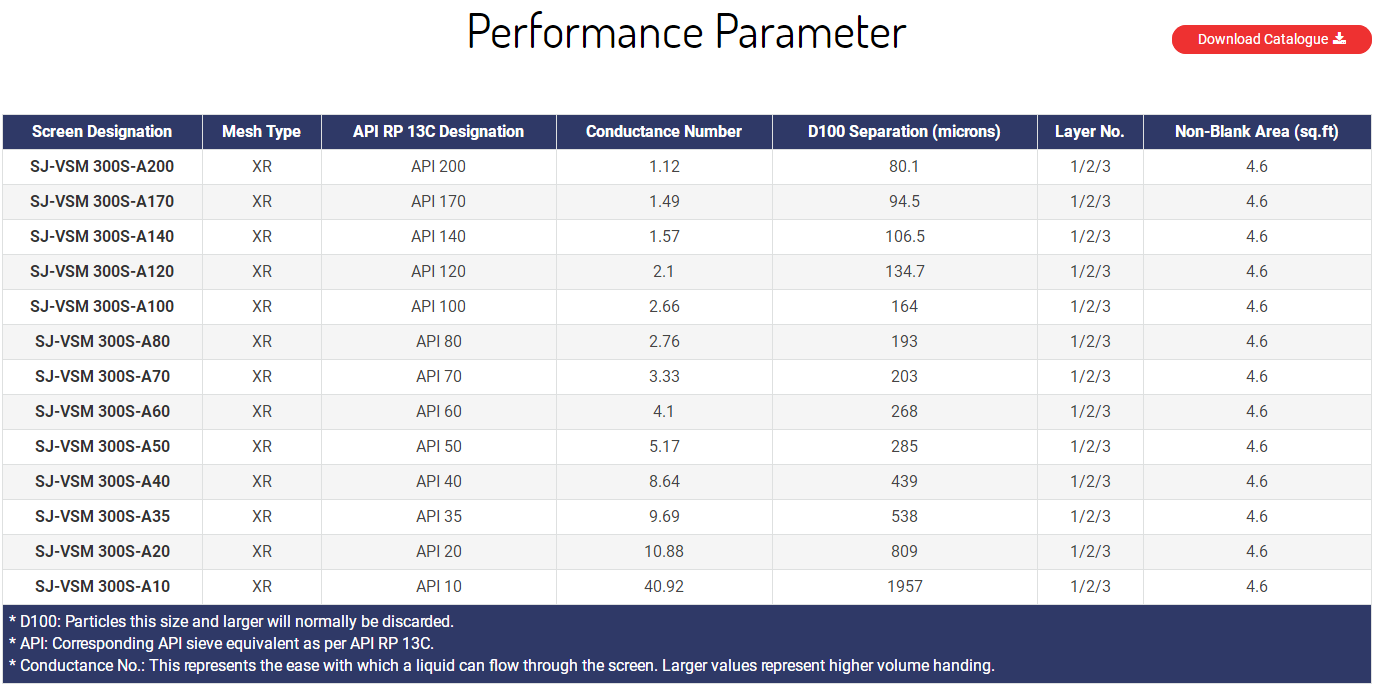
Remarks:
Brandt, VSM 300, Scalping are marks of Varco I/P, Inc.
ShengJia only produces the replacement screens but not original from Brandt.
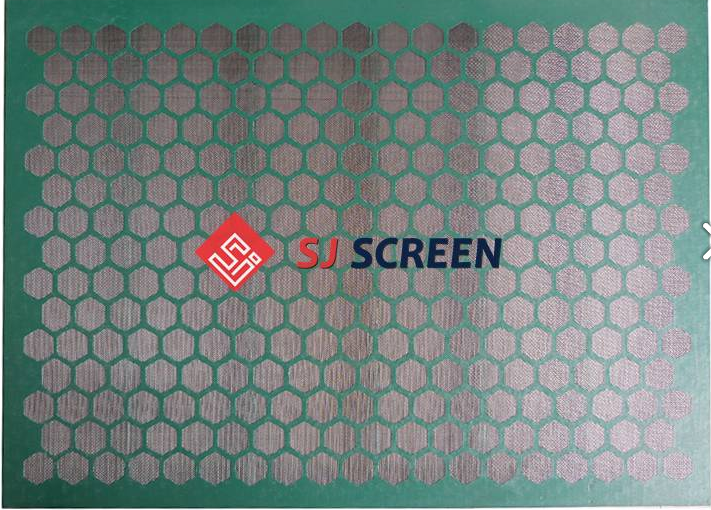
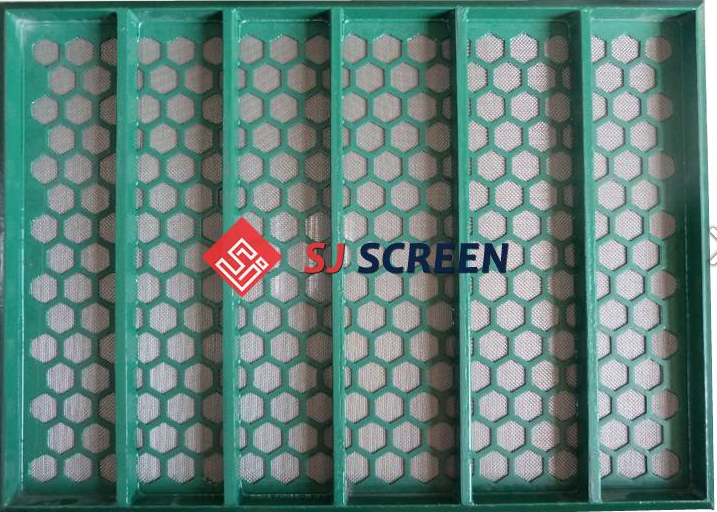
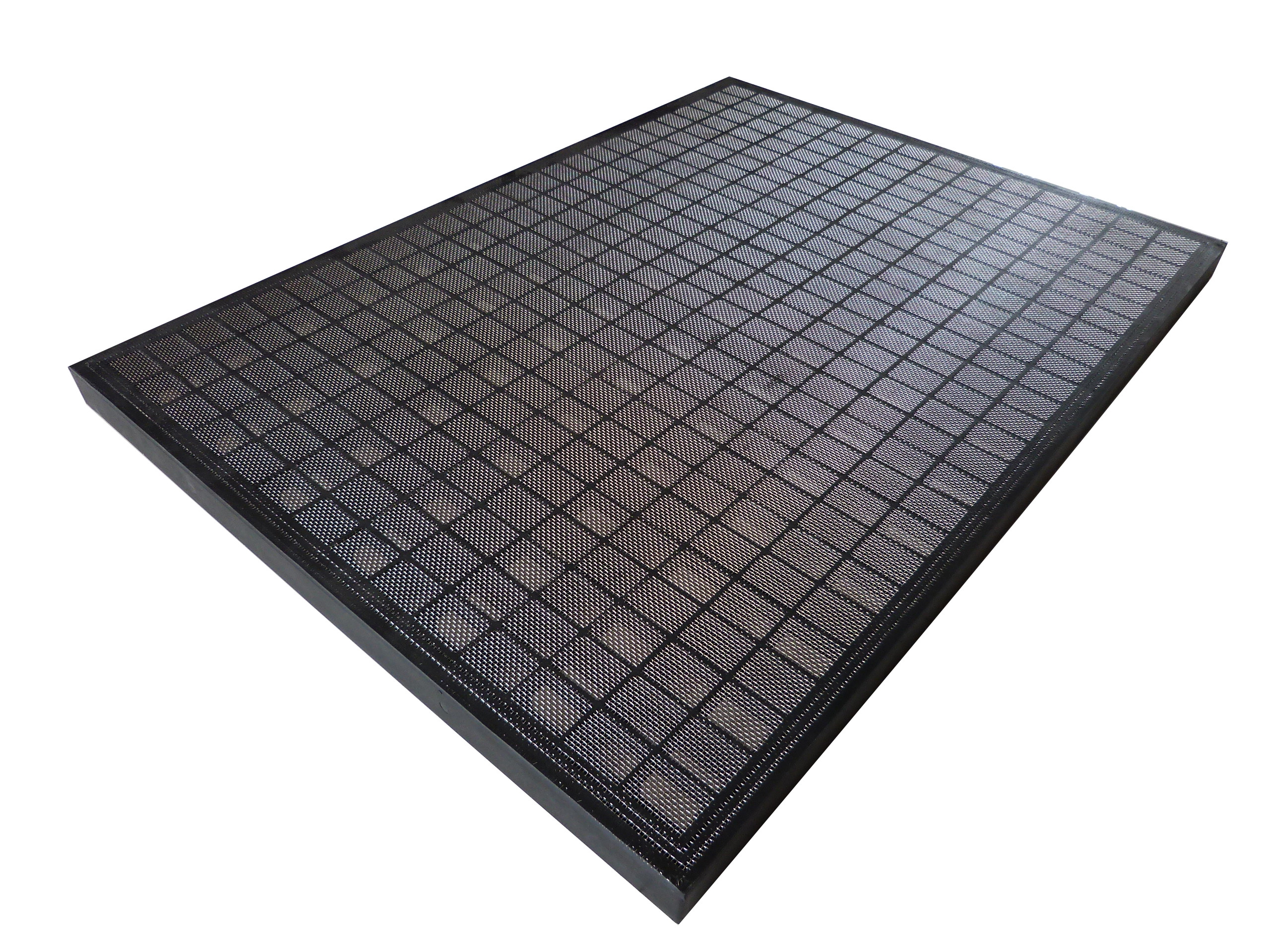
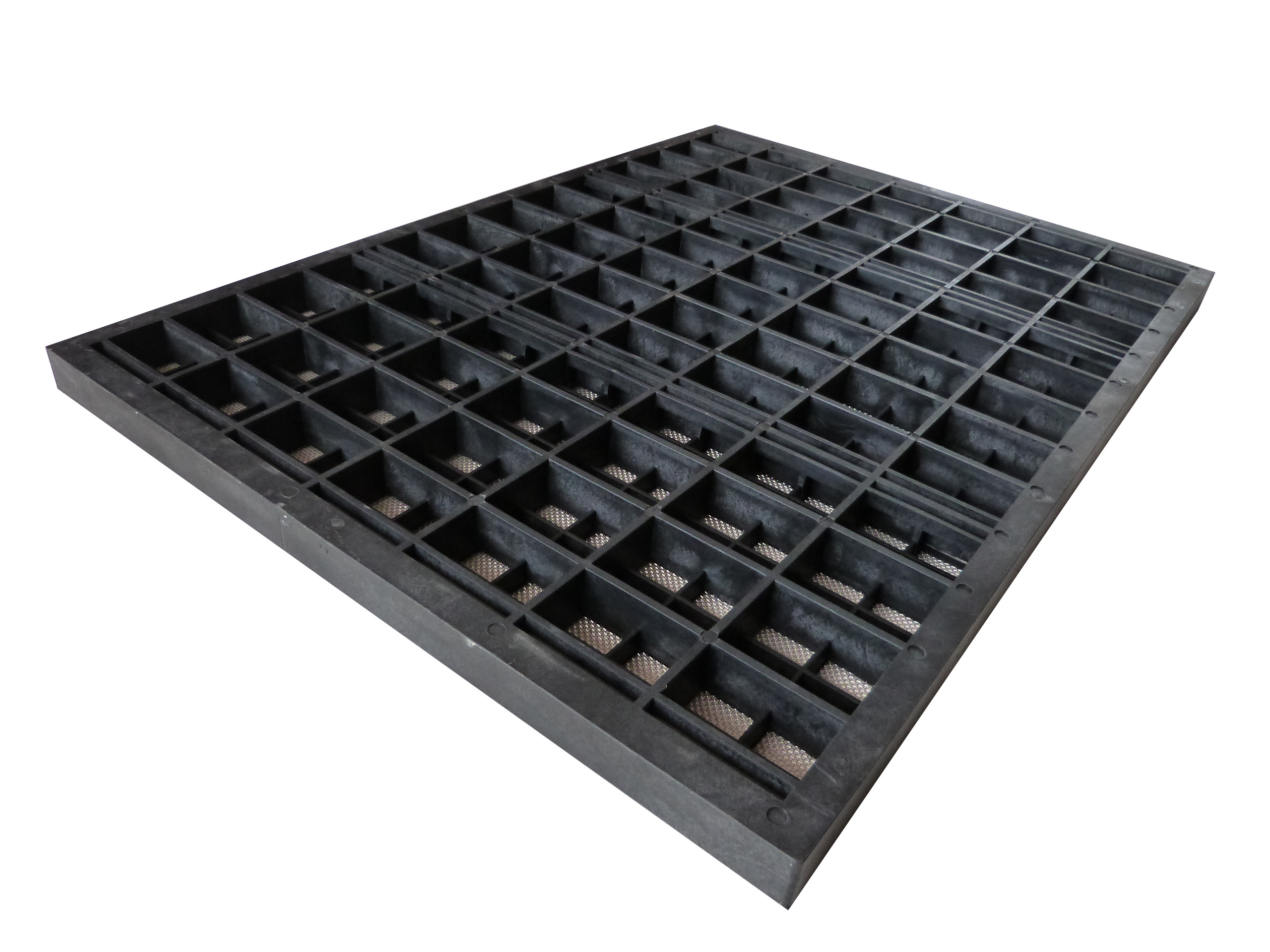
Brandt Vsm300 Scalping Shaker Screen
Brandt Vsm300 Scalping Shaker Screen,Vsm 300,Screen Mesh Sizes,Deck Screens
Anping Shengjia Hardware Mesh Co.,ltd , https://www.oilshakerscreen.com